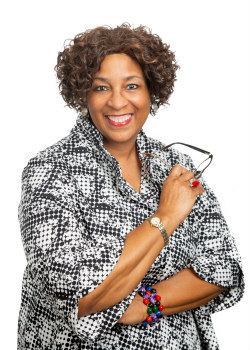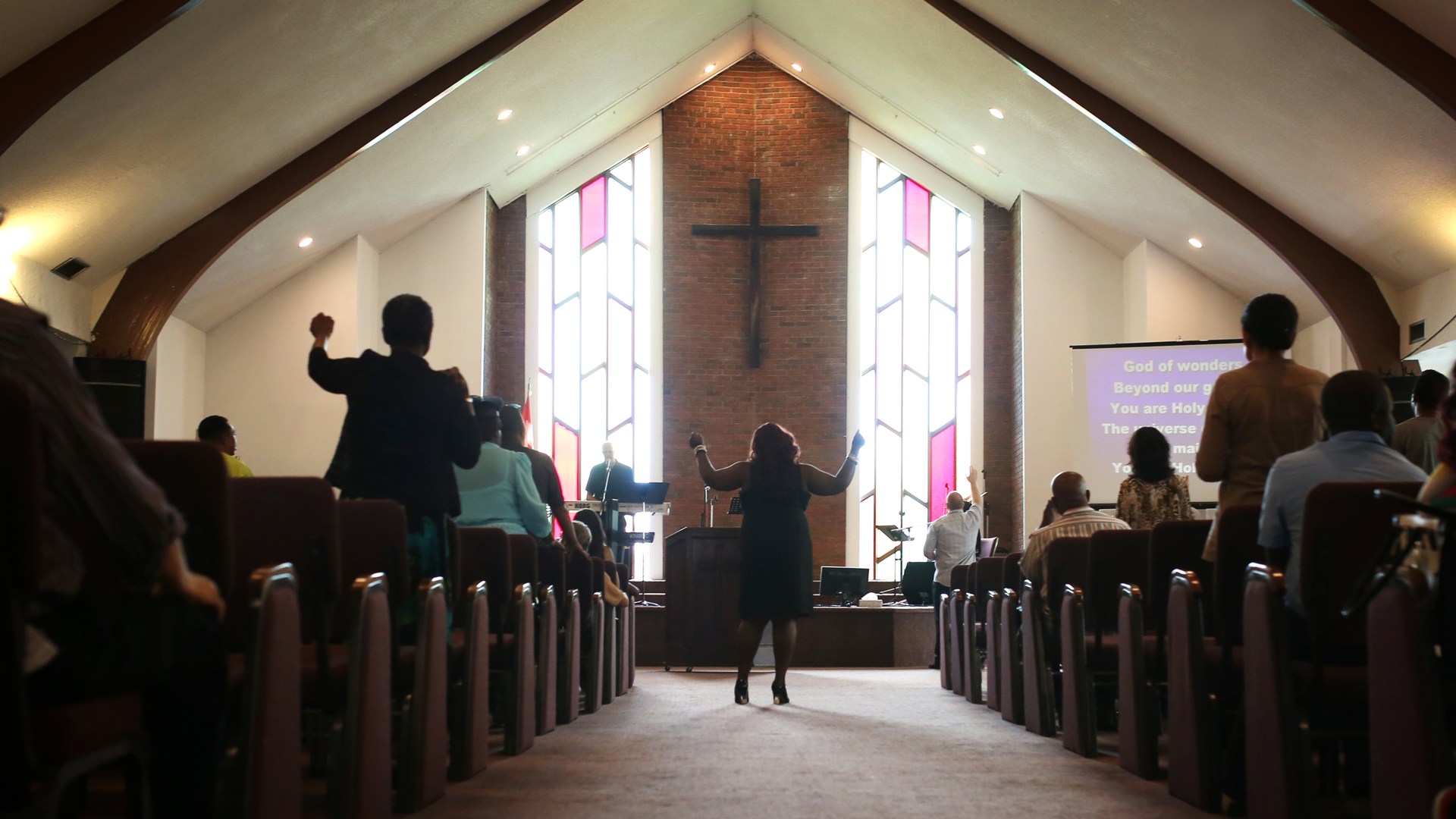Rhonda Britton typically gets invited to preach at white churches one month of the year—February.
She’s happy to accept those invitations during Canada’s African Heritage Month, but it’s also clear to her that annual sermons from one black person are not enough to address the problems of racism in the country or in the church.
“My job is to prepare the hearts of people who have been wounded. People have been traumatized, and people are living with trauma,” said Britton. “You can’t just deliver one sermon a year.”
Now Britton, a black woman who pastors a historically black Baptist church in Halifax, Nova Scotia, is going to be doing a lot more than an annual black history sermon. She has been elected the first black woman to serve as president of the Canadian Baptists of Atlantic Canada (CBAC).
Canadians have not been as divided as their neighbors in the United States about police violence and racism, and Canadian Baptists are not as caught up in quarrels over critical race theory as their southern counterparts. But Britton’s election nevertheless comes at a time when the more than 450 CBAC churches in the Atlantic provinces of New Brunswick, Nova Scotia, Prince Edward Island, and Newfoundland are turning a critical eye toward their own history.
The Baptists hope to reckon with past racism, address continuing systemic issues, and work toward an equitable and inclusive future. Britton will do her best to help lead the way.
Britton said she’s already seen progress since she moved to Nova Scotia from Florida in 2002. She didn’t expect to find many major differences between the United States and Canada, but she noticed one right away.
“I’ve never been as black as I’ve been in Nova Scotia,” Britton said, laughing.

Black people make up about 3.5 percent of the Canadian population, compared to about 13.5 percent in the US. In New Glasgow, where Britton lived, it was rare to see any black people outside a few neighborhoods.
She was more surprised, she said, when members of white churches started to meet her and one of the questions they regularly asked was whether they were allowed to visit her church, which is one of the 20 historically black Baptist churches in the region.
“Can’t you walk into any church you want to?” she would ask.
Britton learned that though the churches weren’t officially segregated, many white people honestly didn’t know if they could worship at a black church. In many ways, the churches reflected Canadian history of de facto segregation.
Canadians have long prided themselves on being a historic destination of black people fleeing American slavery on the Underground Railroad. When enslaved people in the US ran to freedom, many ran to Canada.
But recently the country has started to consider other, less-flattering parts of the past. Black Canadians have often been treated as second-class citizens, barred from full equality in Canadian society.
This February, during African Heritage Month, Nova Scotia premier Stephen McNeil attempted to right a historical wrong by repaying a 1946 fine that was levied against Viola Desmond, a black woman who refused to give up her seat in the “whites only” section of a theater.
Peter Reid, executive minister of the CBAC, says that looking back, it’s clear the church wasn’t immune from the culture of racism. Occasionally, you can see the structure of racism built in the very brick and wood of the Baptist churches.
“Some of our churches, when they were first built,” he said, “the balconies were designed for black folks.”
The association has apologized for these wrongs and has sought to reconcile with those who have been mistreated. In 2017, the CBAC issued a formal statement decrying any past and current forms of racism.
Reid said it’s a work in progress.
While overt racism is rarely seen, Reid believes a more subtle racism does persist in some areas. He believes it’s something that the church simply shouldn’t ignore.
“I think the kingdom of God is all about diversity, and we share this space with every race, every group of people around the world,” he said. “We have to learn to walk in humility and own those things.”
With Britton’s leadership, CBAC hopes to continue building on a number of collaborative efforts and conversations that started in 2020 in response to the death of George Floyd in Minneapolis. Approximately 20 CBAC pastors put together a video offering encouragement to African United Baptist Association churches in the wake of the tragedy, and at a local level many predominantly white churches showed support and held joint events with black churches.
The biggest plan, right now, is a listening session, during which white pastors will be able to hear from black pastors about their experiences as black people living in Canada.
“We’re going to listen and let them do the talking,” Reid said. “Then we want to pray together.”
At the CBAC seminary, Acadia Divinity College in Wolfville, Nova Scotia, similar conversations are happening. President Anna Robbins said calls for equality haven’t gone unnoticed and the school sees its need for more diverse voices around the table. As part of this, the school has appointed a lecturer on racial justice, Lennett Anderson, pastor of Emmanuel Baptist Church in Hammonds Plains, Nova Scotia.
“You’re not occupying your social role as a church by simply being silent,” she said. “The church’s voice needs to be heard. There are times when a voice of solidarity is important. I think our churches in Atlantic Canada are starting to get more of a sense of that.”
Robbins said she is encouraged to see a willingness and readiness to learn. Britton, too, feels positive about the steps the Canadian Baptists are taking.
“I hope that during this time I can help with the establishment of ongoing conversations about racial equity in the churches,” she said.
For her, this is a way the Baptist church can better live up to the calling of Scripture.
“I don’t understand how you can say that you’re a Christian or that you hold to the tenets of Scripture without understanding that you’re supposed to be looking out for ‘the least of these,’” she said. “You’re supposed to be a voice for the marginalized.”










